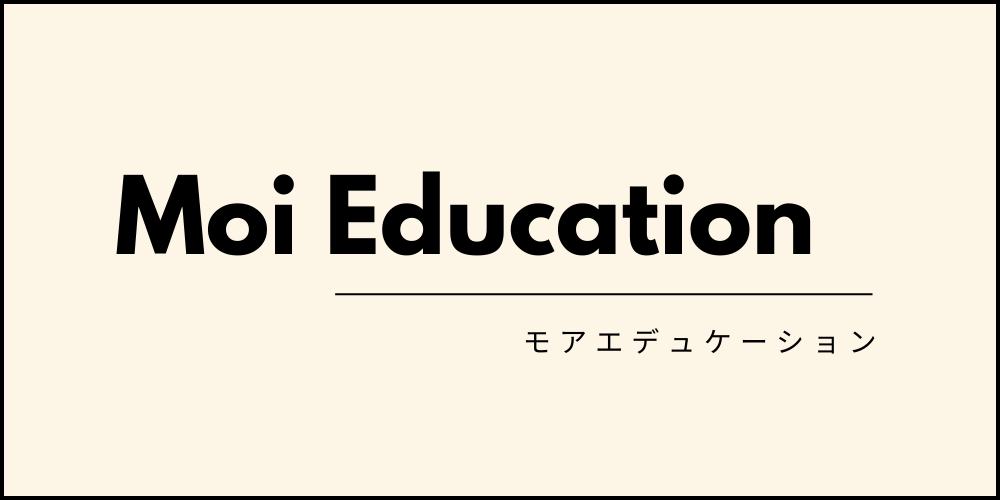FAQ
Study in the UK – about the school
Studying in the UK – living in the UK
About online tutoring
Q. How can I find a tutor during the summer holidays?
Many primary, junior high and high school students take intensive lessons during the summer holidays.
Like the summer courses held at cram schools, especially for those who attend international schools that start in September or schools with an international curriculum, a comprehensive review of the year will help you to keep up smoothly with your school lessons from the new term onwards.
Q. Do you also teach primary school children attending an international school?
Some primary school pupils attend international schools.
It supports curricula such as Cambridge Primary (Cambridge International) and PYP (International Baccalaureate).
Q. How much do online classes cost?
For more information on the fee structure, please see this page. Detailed fees are explained at a free consultation after you have made an enquiry.
About the country in which you are studying
Q. What are the advantages of studying in the UK?
More Education currently supports students to study in the UK, USA and Japan.
Study in the UK – About the school
Q. What are the advantages of studying in the UK?
The UK and the USA have many schools and universities with world-class educational standards, so you can study in a high-level environment. There are also many international students, so you can experience a diverse range of cultures.
Q. How much does it cost to study in the UK?
Total annual costs typically range from several million to more than 10 million yen.
Depending on the school year, the total annual tuition and boarding fees for boarding schools for primary, secondary and high school students is between £30,000 and £50,000. This is in addition to living and guardian fees and holiday homestay fees.
Annual tuition fees at university are often around £35,000. This is in addition to boarding or rent and living costs.
Q. How good must my English be?
For students from elementary, junior high and high school, a minimum IELTS score of 4.0 or Eiken level 2 is recommended. Schools that accept a large number of international students may accept you even if you do not have sufficient English language skills. Some schools offer courses for international students, so make sure you choose a school that matches your English level.
For university-based study, an IELTS score of 5.5 or above is required (equivalent to Eiken Level 1 ). Some universities have an entry requirement of 6.5 or 7.0 or above, so check and prepare for this when you take the test. Results from other English language tests such as TOEFL are also accepted.
Q. What documents are required for the application?
Documents required for elementary, junior high and high school students applying to boarding schools include transcripts, letters of recommendation and copies of passports.
→Learn more about long-term overseas study for primary, secondary and high school students.
Documents required for university applications include transcripts and an essay (called a Personal Statement in the UK).
→Learn more about university education in the UK
Q. How did you choose your school/university?
You can find useful articles and interviews with international students on YouTube.
Studying in the UK – visas
Q. What visa do I need to study in the UK?
There are two types of student visa: Child Student Visa and Student Visa. Student Visa is for students aged 16 and over studying in the UK for higher education (vocational school or university).
*No visa required for short-term studies of less than six months, such as summer school or spring school.
The student visa was called a Tier 4 Visa, but as of 2024 it has been renamed as above. Be sure to check the latest information on visa application requirements and procedures.


Q. What documents are required for a visa?
- Passport
- CAS: Confirmation of Acceptance for Studies
- Proof of ability to pay for living expenses during the stay.
- Parental or guardian’s written consent if under 18 years of age.
- Tuberculosis test results
These include.
Q. Can I work in the UK after graduation?
A visa that allows you to work allows you to remain in the UK after graduation.
The Graduate Visa began to be issued from July 2021. It allows graduates of a UK university undergraduate or postgraduate degree (bachelor’s degree, master’s degree or other qualification) to apply within the validity period of their student visa, and allows them to stay and work in the UK for two years. PhD holders are allowed to stay for a period of three years.
→Part-time work while studying
Studying in the UK – Living in the UK
Q. What are the living costs?
Depending on the city you stay in, you should estimate that the cost of living for a university student is from JPY 200,000 per month. Living costs need to take into account rent (or dormitory fees), utilities, food and transport, and costs tend to rise in London as rents and prices are higher than in other cities.
If you attend a bating school, your tuition fees include boarding and food costs, so you only spend what you would spend on a weekend trip into town or on holiday.
Q. Can I work part-time while studying?
A student visa allows part-time work up to 20 hours per week.
Q. Is there a health insurance scheme?
Students studying for more than six months are required to join the National Health Service (NHS), the UK’s national insurance service. You are required to pay a health insurance supplement called the Immigration Health Surcharge when you apply for your visa.
Joining the NHS entitles you to free consultations from a local family doctor called a GP (General Practitioner). However, dental visits are not free, so if you are concerned about this, you have the option of taking out voluntary medical insurance.

